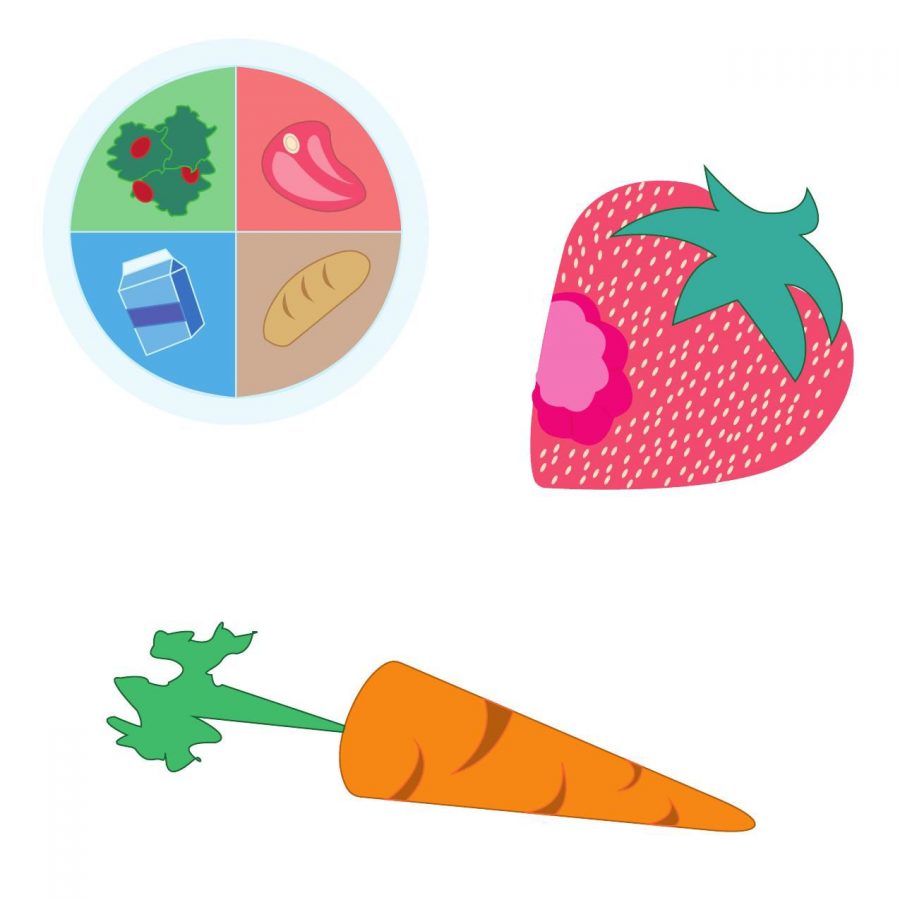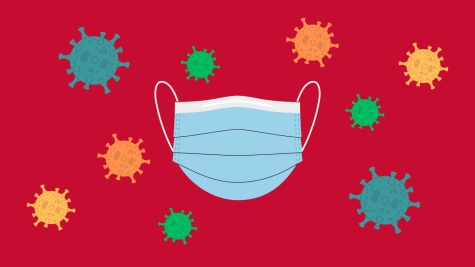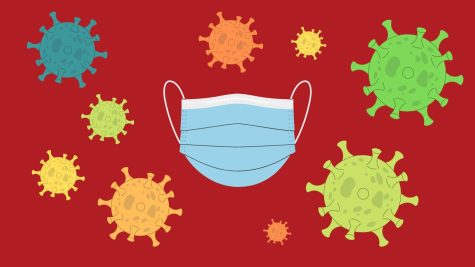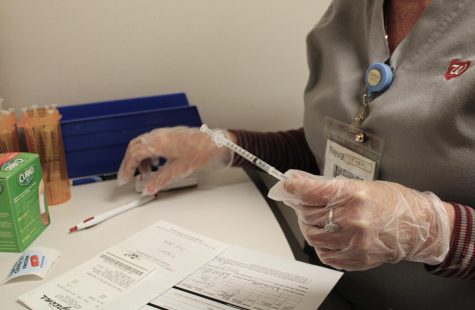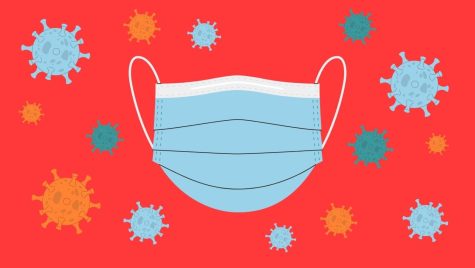Staying nutritious during quarantine: Tips from WKU’s nutrition coordinator
April 8, 2020
With the current COVID-19 pandemic, many are especially conscious about staying healthy. WKU nutrition coordinator Cory Eakins has tips for how to stay nutritious during this time.
“You cannot boost your immune system,” Eakins said. “You can support your immune system by eating a healthy diet consisting mostly of lean proteins, fruits, vegetables, whole grains and healthy fats.”
Eakins recommends putting the following list of foods on your grocery list for your next outing: Healthy proteins (chicken breast, pork loin, sirloin, eggs, tuna, salmon, peanut butter etc.) and healthy fats (avocados, nuts, olive oil, vegetable oil). He also recommends fruits, vegetables and oats, such as whole grain bread, quinoa, rice, barley, whole wheat pasta or whole grain tortillas.
For those who are already infected with COVID-19 or may be experiencing symptoms, Eakins says because it is an infectious disease, you can support your body while it’s fighting off the disease by eating a diet that includes the foods mentioned above.
“When someone is sick with an infectious disease, this raises their need for good, quality nutrients, but it usually lowers their food intake at the same time because their appetite is low.” Eakins said. “This causes their nutrition status to suffer, causing the disease and malnutrition to create a downward spiral of health that must be broken in order for recovery to happen.”
Eakins emphasized that the body must ingest enough protein to support the immune system because the body loses its ability to fight off infection without adequate protein. Along with protein, Eakins also said there is an increased need for vitamins and minerals when your body is fighting infection. This means nutrition is critical to fighting infection.
Eakins said there are foods you definitely want to avoid when trying to support your immune system and stay healthy. He advises you stay away from added sugars (sodas, energy drinks, chips, cookies etc.), high-fat processed foods (processed meats and cheese, fast food, pizza rolls etc.) and heavy alcohol intake.
Because of social distancing, many people are stocking up on foods that can last longer than some fresh foods can, so Eakins gave suggestions for non-perishable healthy foods to buy. For shelf-stable foods, he suggests peanut butter, canned tuna, canned salmon, nuts, rice, canned beans, canned carrots, canned green beans, canned tomatoes, canned mushrooms, shelf stable 100% juice, oats, quinoa, spices/seasonings, frozen bread and frozen vegetables.
If you are looking for ways to eat healthy but still make it affordable, Eakins said the best way to make healthy eating cheap is to check and see what you already have in your kitchen, plan your meals for the week and make a grocery list based on what you don’t already have.
There are also sales, coupons and specials to take advantage of during this time. One useful website is MyGroceryDeals, which allows you to plug in your zip code and it will give you coupons and show you what sales are going on in grocery stores near you.
Aside from just nutrition, Eakins also suggests supporting your immune system function by drinking water and hydrating your body, maintaining a healthy sleep schedule, staying physically active while maintaining social distance and eliminating stress where you can.
If you or someone you know is facing food insecurity during this difficult time, you can visit @wkudietitian on Instagram, Twitter and Pinterest for information about Bowling Green local community resources.
Features reporter Maggie Thornton can be reached at 270-745-6291 and [email protected]. Follow Maggie on social media at @maggie_thornton

